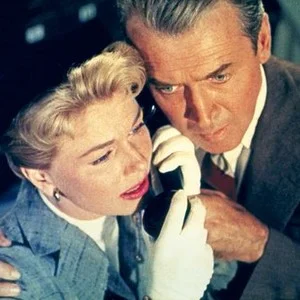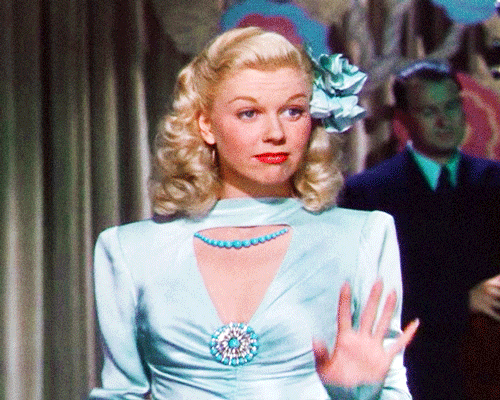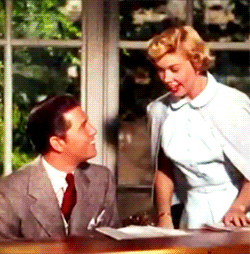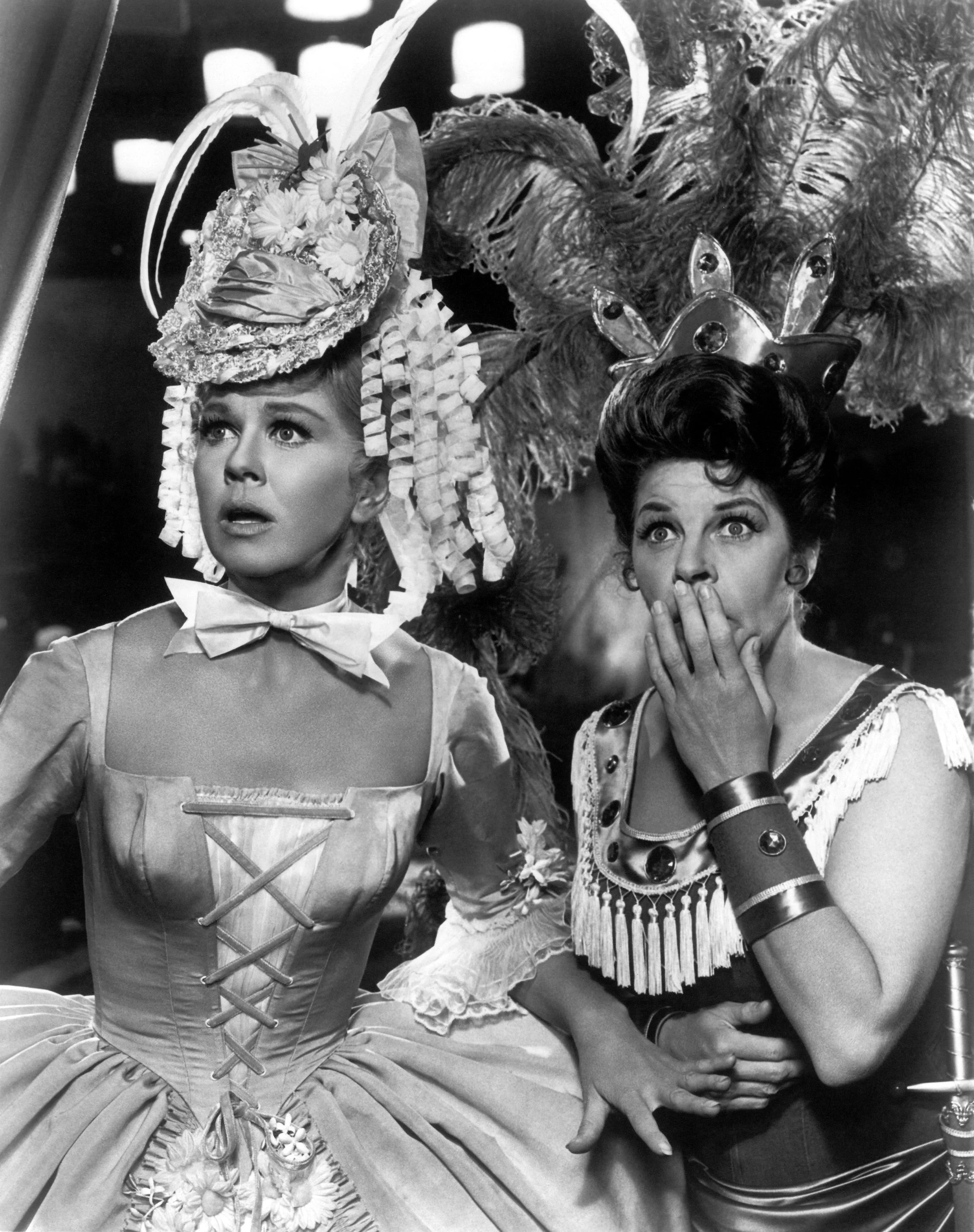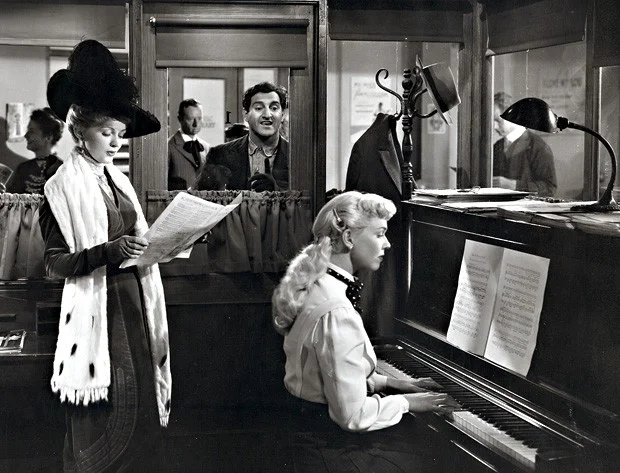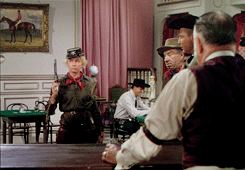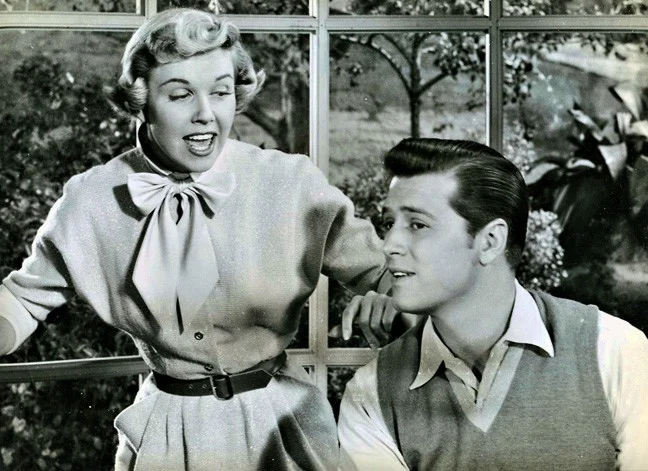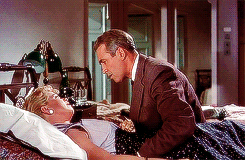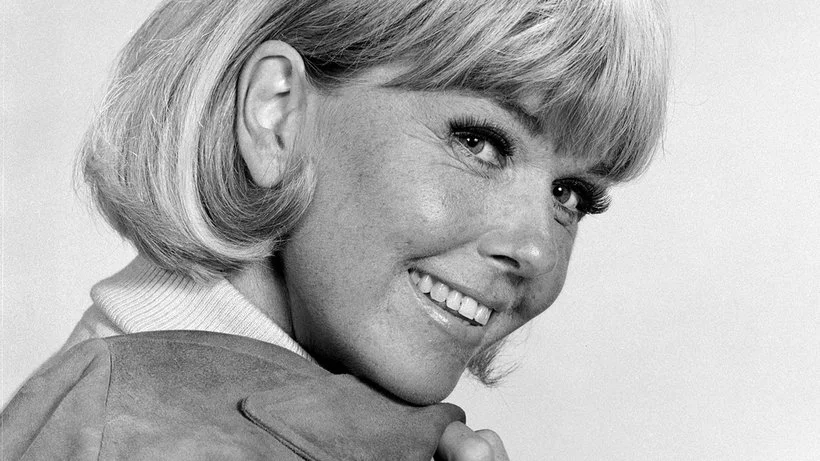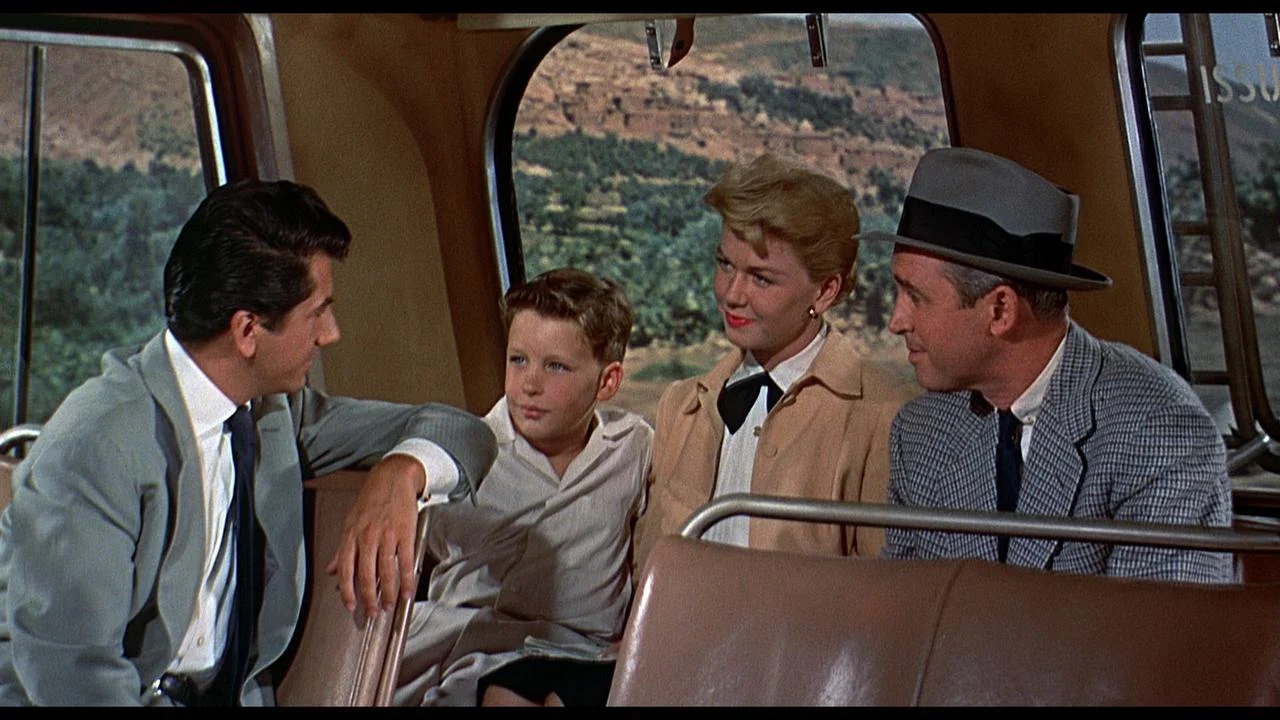Doris Day
Whether through song, dance, drama, comedy, or activism, Doris Day was a bright spot in changing times, "riding new fashions without actually changing her nature.”* Day was always America's sweetheart.
Day's experience and love for the arts began at an early age while studying dance as a child. She quickly moved to singing when recovery from an accident left her with plenty of time to listen to the radio and hear the likes of Glenn Miller, Ella Fitzgerald, and Duke Ellington. She proved a natural, becoming a professional as a headliner for big bands, including those of Les Brown and Bob Crosby. She recorded several hits during this time, including Sentimental Journey - which acted as an anthem during the war - and Day After Day, from which she took her stage name “Day.”
Doris Day was not only a beloved singer. She also became a beloved film actress. In fact, it was her down-to-earth voice that secured her first film role and venture into acting. After hearing her rendition of Embraceable You, songwriters Jules Styne and Sammy Cahn recommended her to director Michael Curtiz for his upcoming picture Romance on the High Seas (1948). Despite receiving fourth billing, Day was clearly the star of the picture. Warner Brothers signed her and she starred in similar musical comedies such as My Dream is Yours (1949), Tea for Two (1950), and On Moonlight Bay (1951), introducing new songs and bringing new life to old classics. Her vocal renditions enhanced the depth of her pictures thanks to her sublime voice, which for all its talent, felt completely effortless and soulful. Many of her recordings made their way to the top of the pop charts, two of them even winning Oscars (Secret Love from Calamity Jane, 1953 and Que Será, Será from The Man Who Knew Too Much, 1956). Her stature as a triple threat was best exhibited in her first dramatic turn in the biopic Love Me or Leave Me, where Day portrayed ‘20s and ‘30s singer Ruth Etting. Day's talents as both a singer and an actress, and even dancer, gave the film an enormous depth that it might not have had otherwise.*
From this point on, Day's work was a balance of romantic comedies and dramas that almost always featured her musical talents. These included the film version of the Broadway-hit The Pajama Game (1957) and Hitchcock's The Man Who Knew Too Much (1956), co-starring James Stewart.
After 10 years in the film business, Day was only just hitting her peak. She was continuing to make a wide array of films, but it was her turn in the new and sexier Romantic Comedies of the ‘60s that made her number one at the box office for several consecutive years. Only Shirley Temple before her had done this! It started with Pillow Talk (1959) (her only Oscar nomination) co-starring Rock Hudson followed by a slew of similar consecutive films co-starring some of the biggest male stars of the era, such as in Please Don't Eat the Daisies (1960) with David Niven, That Touch of Mink (1962) with Cary Grant, and Move Over, Darling (1964) with James Garner.
In the wake of the sexual revolution as the ‘60s progressed, times and tastes changed. Day 's films and persona didn't feel current enough to the public. Day stepped back from film-making. Day returned to film only after her husband and frequent producer died leaving her with a string of debts and commitments of which she was completely unaware. Day ended up starring for five seasons in the Doris Day Show (1968-1973), along with Rose Marie (The Dick VanDyke Show) and others. The show was a great success. After, Day unofficially retired, largely focusing her energy as an animal welfare activist, creating the Doris Day Animal Foundation.
A star of 39 films and over 650 recordings, Day's success and public appeal were almost unheard of. What was the secret ingredient? In a word: Doris. Whether it belonged to Day or the characters that the studio had her play, her nature or her portrayals were always well-rounded, authentic, and most importantly optimistic. She was the biggest star because she was able to come down to earth. She made it look easy. When she sang, her voice didn't just make you smile; you could even hear the smile in her voice. Day will always be America's sweetheart.
*Thomson, David. The New Biographical Dictionary of Film. Third Edition. New York: Knopf, 2002.
Core Films
*= my personal favorites
On Moonlight Bay (1951)*
Calamity Jane (1953)*
Love Me or Leave Me (1955)
The Pajama Game (1957)
The Man Who Knew Too Much (1956)*
Pillow Talk (1959)*
























